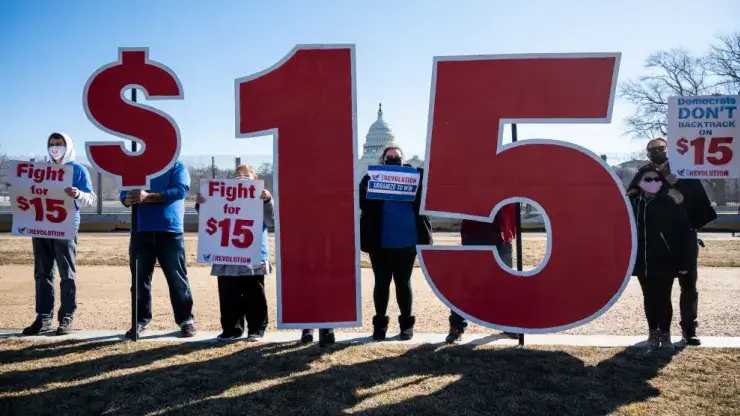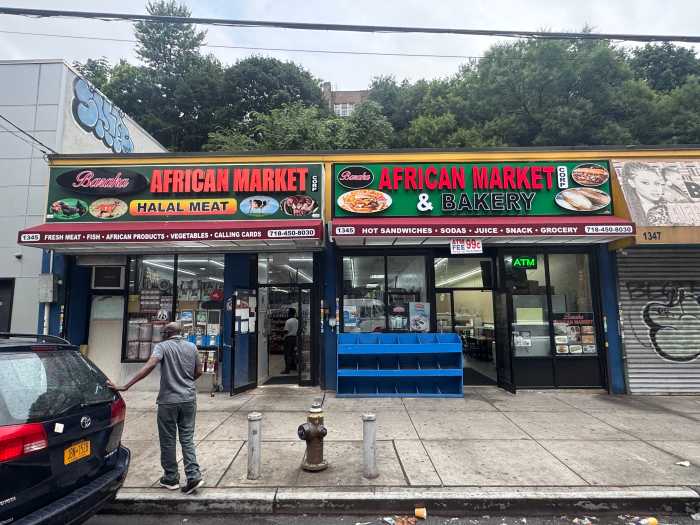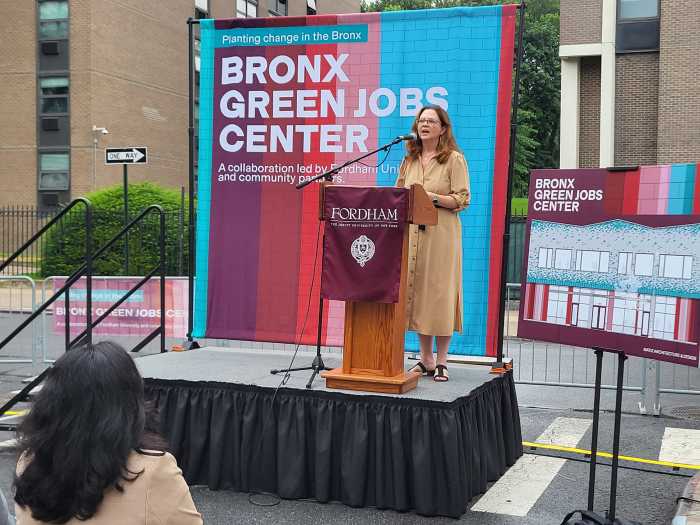In 2016, New York state took a major step in boosting its labor industry by incrementally upping its minimum wage to $15 for New York City’s entire workforce by Dec. 31, 2019. But for many NYC-based workers, a minimum wage total that has remained static throughout the COVID-19 pandemic has not met the rising costs of living in the city and the weight of global inflation on their paychecks.
New legislation proposed by Bronx Assemblymember Latoya Joyner and Queens Sen. Jessica Ramos — both Democrats — is calling for a gradual minimum wage increase where the city’s current minimum wage of $15 would increase to $17 on Jan. 1, 2023, with future increases to reach $20.45 in 2025. For Long Island and Westchester, the minimum wage would increase from $15 to $16 on Jan. 1, 2023, with future increases to reach $17.95 in 2025. Upstate New York’s minimum wage would increase from $13.20 to $14.20 on Jan. 1, 2023, with future increases to reach $15.75 in 2025, followed by annual indexing.
Low pay was the No. 1 reason people quit their jobs, according to a recent Pew Research poll.
The state Legislature passed a scale in 2016 to increase the minimum wage throughout New York over the next several years, first hitting $15 an hour in New York City at the end of 2018 for large employers. The state’s minimum wage prior to passage of the new law was $9 per hour in 2016.
According to labor researchers, to live comfortably in the city, a resident would need to earn at least $11,355 monthly before taxes. For those residing in the more-affordable borough of the Bronx, workers need to earn three times the $1,800 monthly rent rate before taxes, which amounts to $5,400.
If the newly proposed legislation is successful, New York would follow the lead of multiple states who have introduced annual minimum wage adjustments in recent years, such as Washington, D.C., where wages will jump to $16.10 this summer because of indexing, and Connecticut whose minimum wage will reach $15 statewide on June 1, 2023.
Increases in the minimum wage, a study by MIT political scientists found, have a positive effect on voter participation, especially if they are low-wage workers, who are typically underrepresented in elections.
Associate professor Ariel White and doctoral student Zachary Markovich examined the voting records of New York City public employees before and after the city enacted minimum-wage increases in 2014 and 2015, and then compared changes in voting among minimum-wage workers with turnout patterns among those unaffected by the raise. Researchers found that voter turnout increased 2-3% among those earning close to the minimum wage after increases.
“If everybody’s turnout changes from one year to another, we’re accounting for that,” White said.
In their analysis of county-level data collected across the U.S. from 1980 through 2016, they found a similar trend in more places over a longer period of time.
While minimum wage increases have been a source of contention for businesses — often large corporations like Apple which have been battling employees over their calls for a $30 per hour minimum wage — some New York business leaders applaud the legislative effort and believe it will go a long way in rebuilding New York’s industry and economy upended by the pandemic.
“Increasing the minimum wage is an essential economic tool to build a thriving and resilient economy because fair wages address the economic inequality faced by many working people,” said Maura Keaney, first vice president of Commercial Banking for Amalgamated Bank. This is especially the case in the financial services industry which often pays low wages despite the popular assumption that it is a universally high-paid industry. This legislation will help New Yorkers become more financially secure and help New York bounce back stronger and more resilient in the wake of the COVID-19 pandemic.”
Reach Robbie Sequeira at rsequeira@schnepsmedia.com or (718) 260-4599. For more coverage, follow us on Twitter, Facebook and Instagram @bronxtimes






















